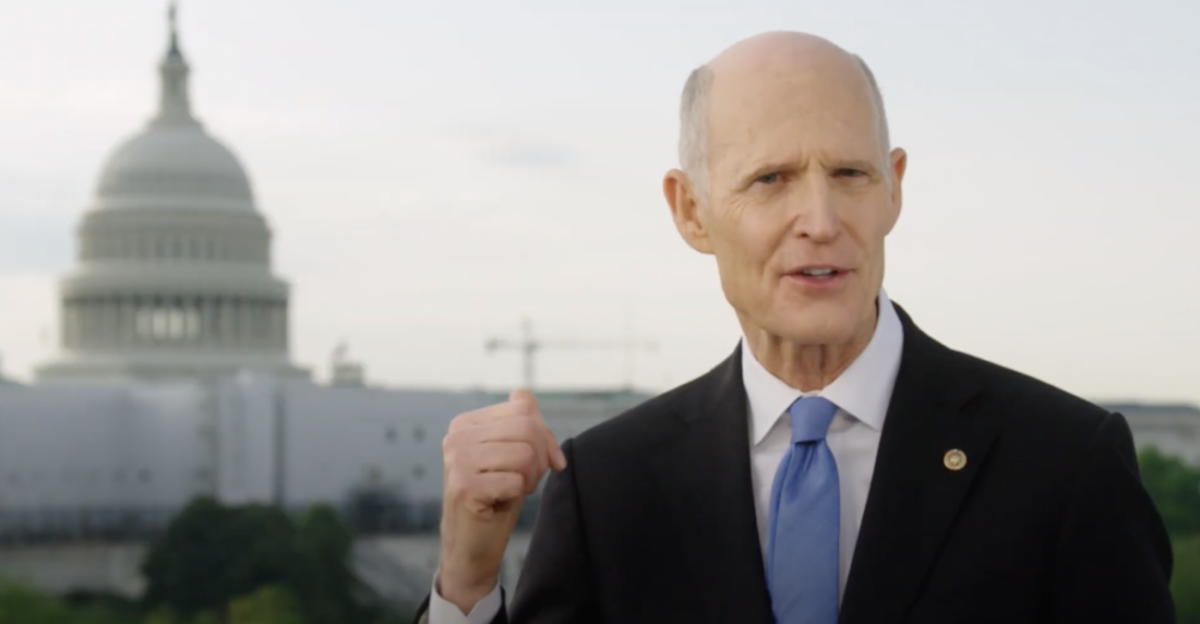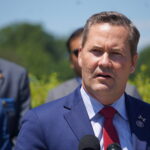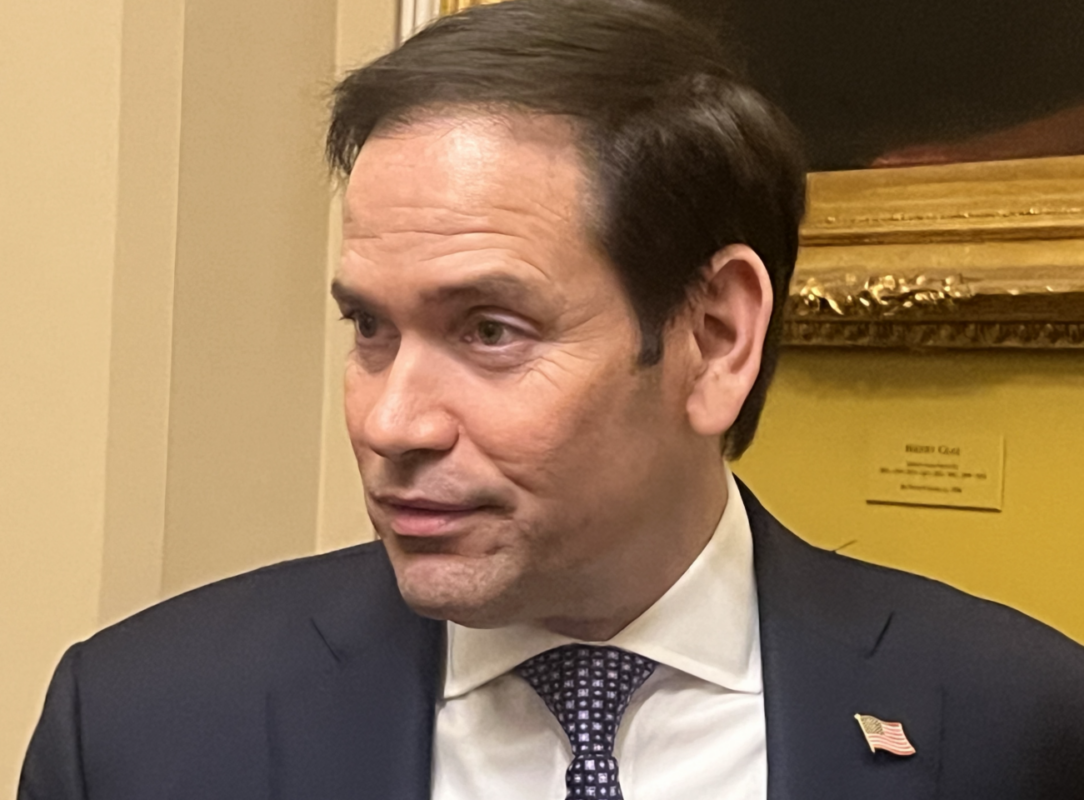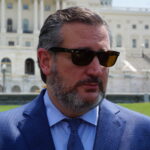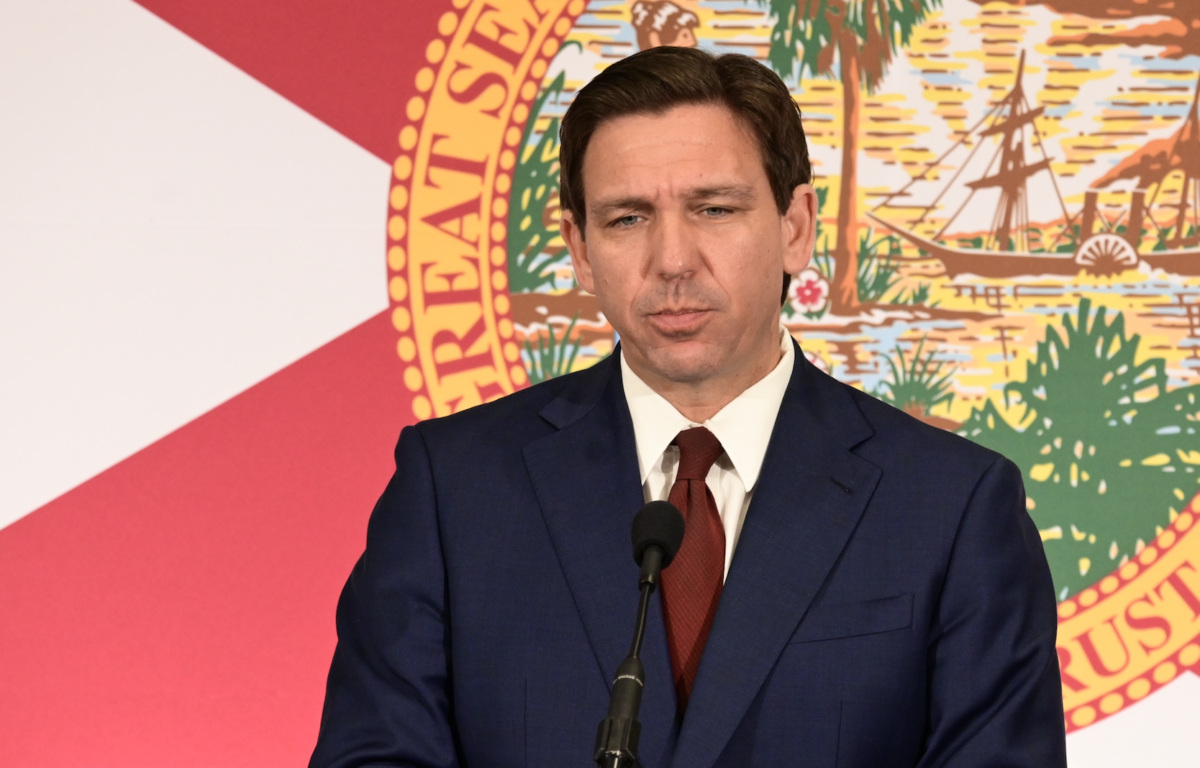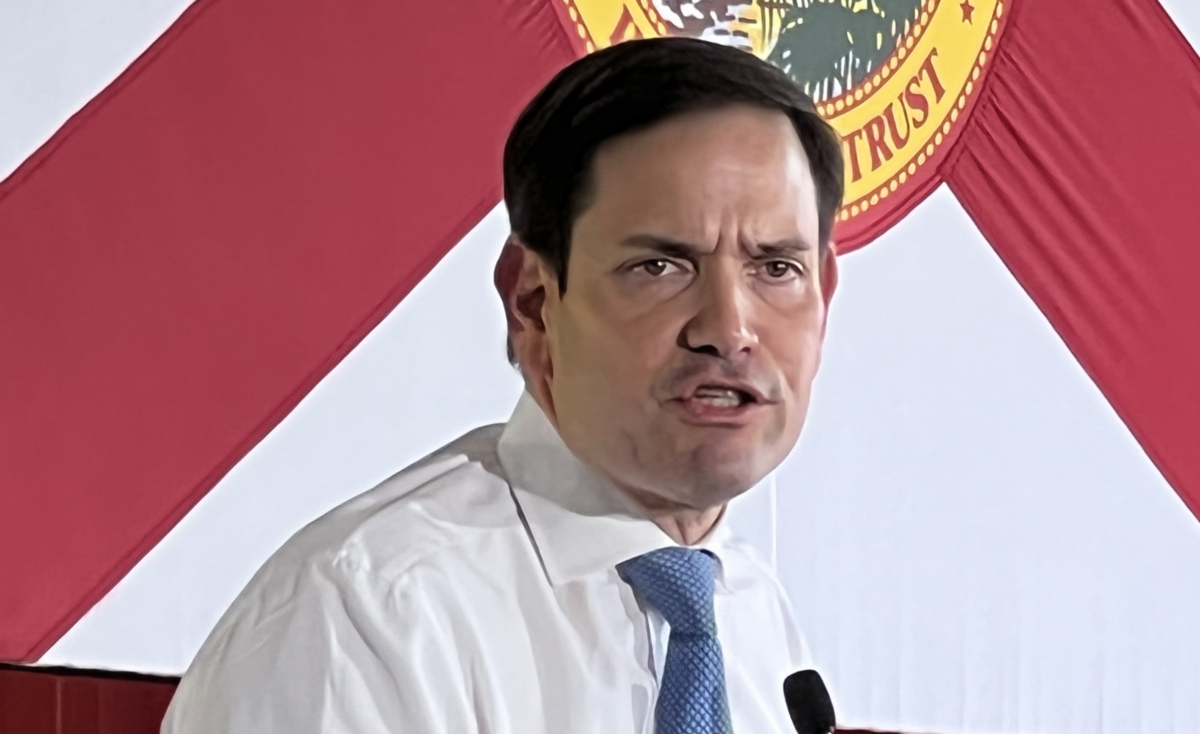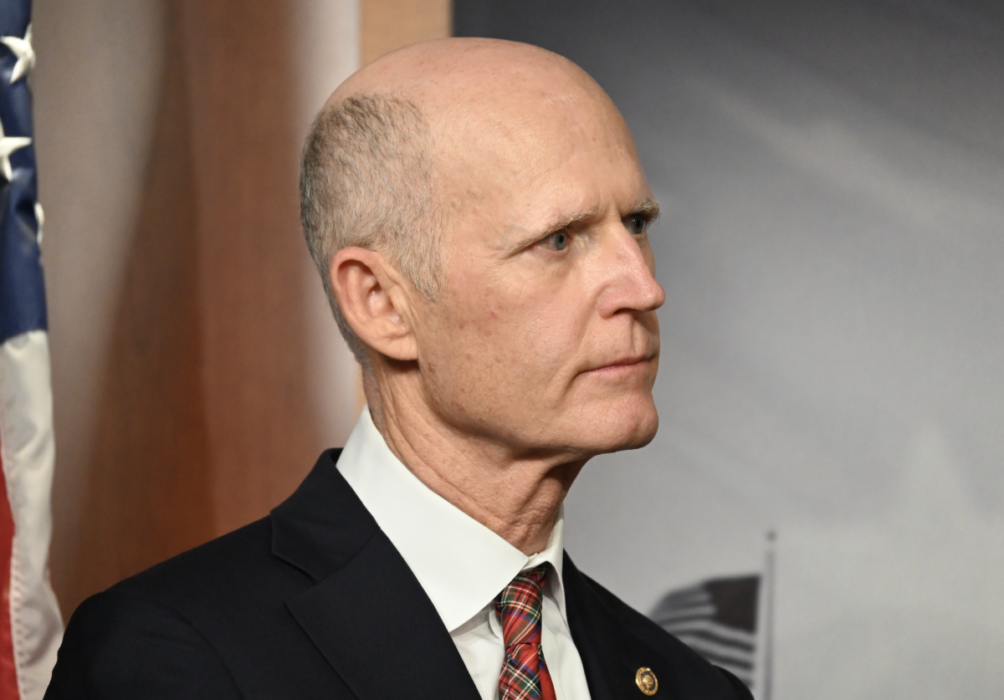By Mateo Guillamont
Last month, the North Atlantic Treaty Organization (NATO) held its annual global youth summit. The highly anticipated summit was simultaneously held in Miami, USA, and Stockholm, Sweden.
I eagerly and enthusiastically attended the summit after being extended an invitation to participate in what I expected would be in-depth national security and military strategy discussions. However, as the summit’s program progressed, I quickly realized my expectations were far removed from what NATO desired to discuss with its youth audience.
While the venue and speakers were worthy of an international summit, the subsequent discussions and presentations portrayed NATO’s perception of the youth as preoccupied with social justice and disinterested in technical, nitty-gritty defense discussions.
Instead, amid the most belligerent era the world has seen in decades, the program opened with discussions on topics such as Equity & Inclusion, gender equality in security and technology, social media, and disinformation.
Indeed, the summit warily tiptoed around technical and crucial defense topics, such as energy security and cyber warfare, choosing instead to host extensive discussions on social justice and Diversity, Equity, and Inclusion -DEI.
It is ironic NATO chose to focus on such topics given their links to cultural marxism, a product of the society NATO was originally created to counter. Additionally, they are inessential to national defense and should therefore be at the end of NATO’s priorities, moreso when there is a war raging at NATO’s gates.
Yet, to my further disappointment, I found the summit organizers delivered on the majority of their audience’s expectations after surveying summit attendees’ satisfaction with the program.
The students I spoke with, a majority of which were students attending top-tier American Universities, made disgruntled comments such as “national security can wait, climate change cannot” when I asked if they were content with the summit. Several expressed they were more interested in discussing gender roles’ impact on national security (which NATO provided a whole discussion session on) than secure borders or energy independence.
A small minority of students I interacted with were as equally disappointed as I was about the missed opportunity to engage in meaningful, constructive conversations that could help future policymakers make better national security decisions.
Ultimately, the program and many participants I spoke with left me deeply concerned about the future of NATO and its member states, as the present youth and their interests will evolve into NATO leaders and influence policy decisions, respectively.
During the days following the summit, I considered NATO´s proclivity for progressive discussions may derive from a desire to appease a youth audience desperate for institutional affirmation of their ideas to escape their pressure.
The alternative reality is more pessimistic and less forgiving.
Namely, that NATO is fully invested in progressives’ agenda and has become yet another international body hijacked by the left and transformed into an activist institution and political propaganda machine.
Yet NATO is here to stay, and the consequences of the policies it decides to pursue will reverberate for generations. If Russia’s invasion of Ukraine has shown anything, it is that Democracies’ poor national defense strategy will embolden adversaries and generate international instability.
Hence, we cannot simply externally criticize NATO from afar without attempting to improve the institution internally. As youth, we have an opportunity and duty to effectuate the change we desire to observe in our Democratic institutions. To this end, I encourage freedom-loving youth everywhere to engage in our society’s institutions for the benefit of ourselves and our posterity.




